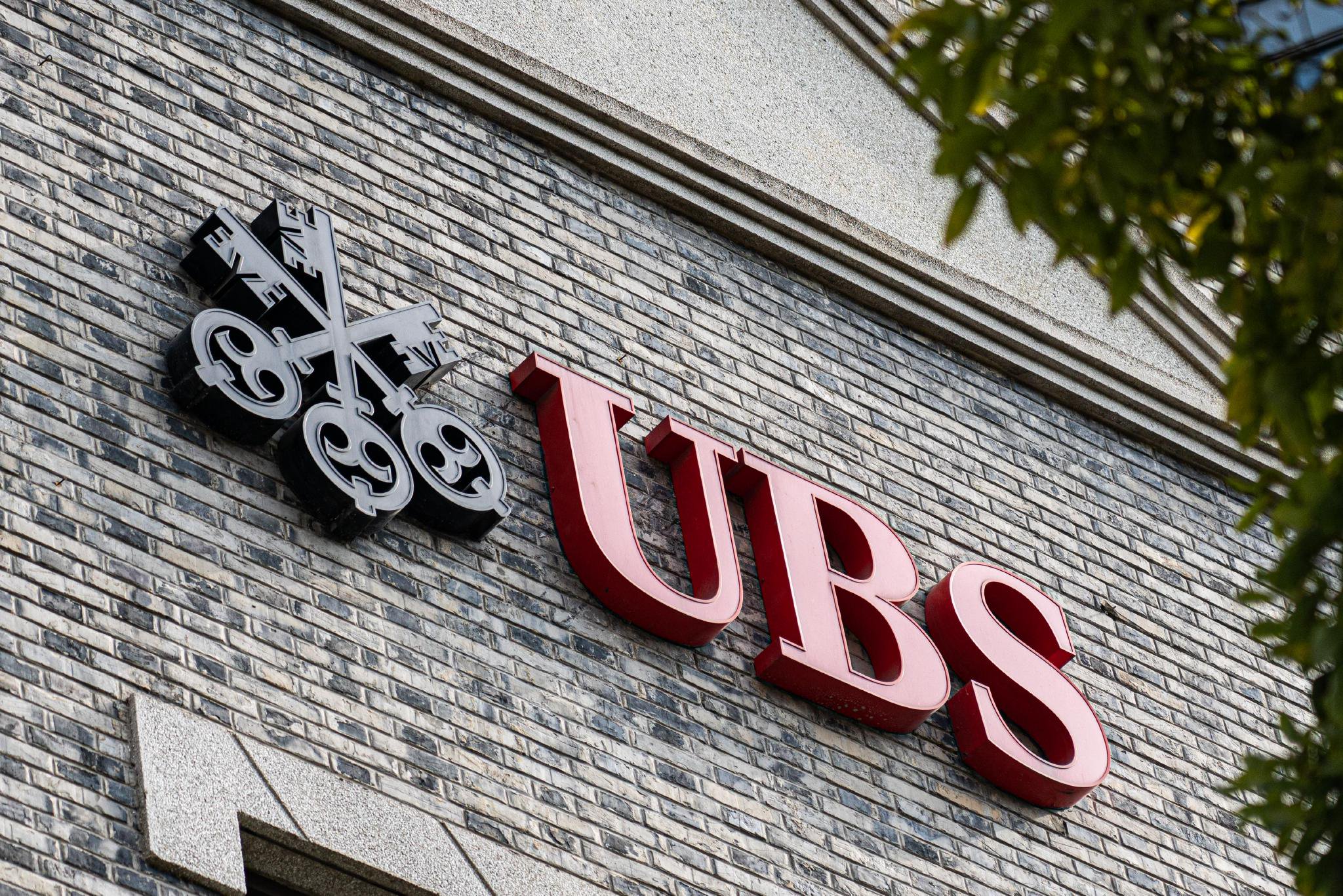 Wealth managers around the world are hiring in Hong Kong to prepare for an influx of money. UBS AG, Bank of Singapore and other international banks are speeding up hiring wealth advisers in Hong Kong, Bloomberg reported Thursday.
Wealth managers around the world are hiring in Hong Kong to prepare for an influx of money. UBS AG, Bank of Singapore and other international banks are speeding up hiring wealth advisers in Hong Kong, Bloomberg reported Thursday.
UBS plans to double the assets it manages for its millionaire clients in Greater China over the next three to five years. Bank of Singapore has increased the number of account managers in Hong Kong by more than 30 per cent in the year to October and plans to hire more. Julius Baer also increased office space in Hong Kong by 40 per cent last year.
Among other big banks, standard chartered plans to add staff in Hong Kong and other cities over the next few years. Andy Signes, Citigroup’s head of wealth, previously told Bloomberg that the company plans to increase staff in the city and is optimistic about the city and its links to the Bay Area in the future.
“The number of Chinese clients has increased this year because of initiatives by the Hong Kong Government,” says Giami Wong, head of private clients in greater China for UBS’s wealth management division. We are expanding our team in Hong Kong,” he said, hong Kong has introduced tax incentives and a new capital investment entrant scheme to attract family offices and wealthy individuals to the city. There has been a reported influx of funds into Hong Kong seeking high-yield investments and insurance. At the same time, the talent scheme has brought a large number of white-collar professionals and young families to Hong Kong.
Rich Chan, head of private banking at Bank of Singapore, says Mainland Chinese clients are closely watching what is happening in the US and the geopolitics around them as they seek to diversify their investment and co-operative banks. He says mainland clients have shown great interest in opening accounts with Asian banks. Bank of Singapore works closely with OCBC, which has commercial and corporate banking as well as domestic private banking.
Qi Zhixiong, head of Greater China markets at Baisheng Group, said that this year’s capital inflows have mostly come from greater china clients, who are gradually shifting from holding cash to investing in various asset classes, including stocks, fixed income and alternative investments.